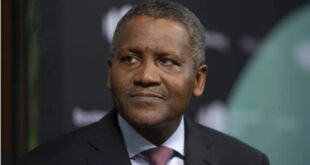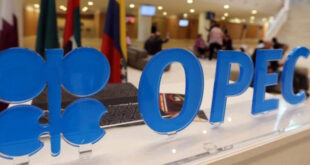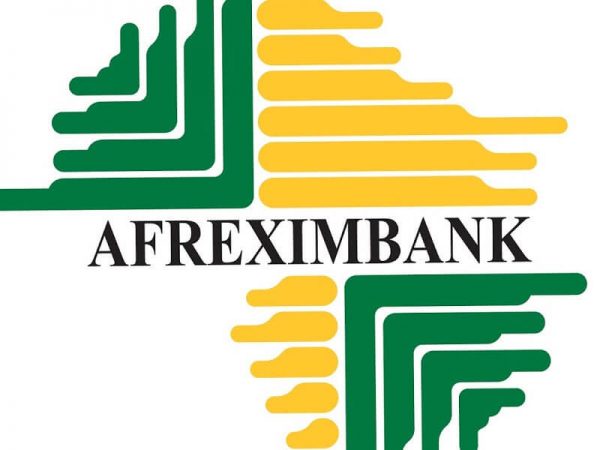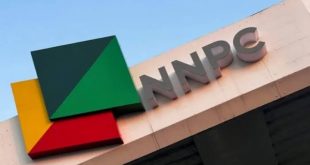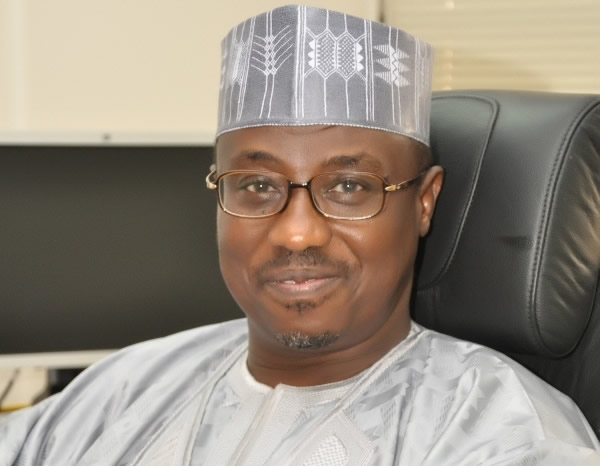
- NNPC: Nigeria targets 10% of global LNG market share
The Nigerian National Petroleum Corporation (NNPC) Wednesday declared that all the existing gas-based power generation plants in Nigeria had been connected to permanent gas supply lines through a 600-kilometre new gas pipelines it said it had completed.
NNPC’s Group Managing Director, Dr. Maikanti Baru, stated this at a conference in the United States, but did not clarify if gas supply to all of the power plants are permanent and stable.
Operational reports from the Advisory Power Team in the office of the Vice-President, Prof. Yemi Osinbajo, however, indicated that at least 1,500 megawatts (MW) of electricity were not generated to the national grid every day on account of gas supply constraints.
Baru equally stated that as part of the strategic aspirations of the federal government to derive maximum value from Nigeria’s abundant natural gas resources, it would target to take 10 per cent of the world’s market share in traded Liquefied Natural Gas (LNG).

A statement from NNPC’s Group General Manager Public Affairs, Mr. Ndu Ughamadu, quoted Baru to have said this while addressing the 27th World Gas Conference (WGC) in Washington DC, United States.
The statement said he spoke on, ‘The role of gas in power generation’ under the theme: ‘Fuelling the Future.’
“Nigeria had completed and commissioned about 600km of new gas pipelines, thereby connecting all existing power plants to permanent gas supply pipelines,” he said, adding: “We have also kicked off the 614km Ajaokuta-Kaduna-Kano (AKK) pipeline project which, on completion, will deliver gas along these areas, thereby generating additional 3,600MW to the national grid.”
Baru reportedly reeled out the enormous potentials of Nigeria’s gas resources and their huge contributions to the nation’s economy, especially with regards to the government’s gas-to-power initiatives.
“We are focused on jumpstarting and sustaining gas supply to support a rapid growth in power generation, re-positioning Nigeria as the regional hub for gas-based industries such as fertilizer, petrochemicals, methanol, Liquefied Petroleum Gas (LPG), as well as leveraging our enormous reserves position to strengthen our footprints in high value gas export through LNG and regional gas pipelines,” he said.
He further explained that there was a huge investment opportunity in Nigeria’s gas sector following the emerging gas markets and the need to generate more power across Africa.
According to him, Nigeria was focused on expanding its existing 22 million metric tonnes per annum (mtpa) Nigeria Liquefied Natural Gas NG (NLNG) plant with a new 8mtpa from its proposed Train 7, adding that this will significantly increase global power generation capacity.
He further noted that towards achieving these gas aspirations, the government recently approved a three-pronged reform in the gas sector which included domestic gas supply obligation, gas pricing policy and regulation as well as gas infrastructure blueprint.
In defence of the planned Nigeria-Morocco gas pipeline project, Baru stated that the project would foster regional economic integration, reduce desertification, and enable accelerated regional electrification.
“It will contribute significantly to the overall economic development of the region through the emergence of a wide range of industrial clusters around petrochemical, manufacturing, agro-business and fertilizers among others,” he explained.
He said the government was on the verge of finishing its construction of the strategic Obiafo-Obirikon-Oben (OB-3-East-West) interconnection gas pipeline and doubling the capacity of the existing Escravos to Lagos Pipeline (Western Pipeline System).
The government, he noted, had intervened by drastically reducing gas flare from 25 per cent down to 10 per cent, as well as stepped up efforts to stimulate gas utilisation and monetisation.
He described gas as fast evolving preferred fuel for power generation, adding that as an economic energy source, natural gas has, today, transformed the economies of several nations.
According to him, Nigeria with its estimated 199 trillion cubic feet (tcf) gas resource base has a tremendous opportunity to compete favourably with other gas-rich countries.
The statement said the WGC which was started in 1931, by the International Gas Union (IGU) as triennial event, is the most important global gas industry gathering of influential leaders, policy-makers, buyers, sellers and experts on gas.
 MMS PLUS NG – Maritime, Aviation, Business, Oil and Gas News Online Newspaper with coverage in Maritime, Oil and Gas, Aviation, Power and Energy as well as Financial News
MMS PLUS NG – Maritime, Aviation, Business, Oil and Gas News Online Newspaper with coverage in Maritime, Oil and Gas, Aviation, Power and Energy as well as Financial News



